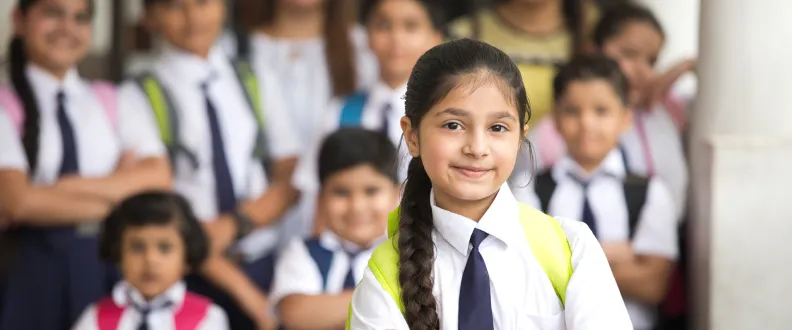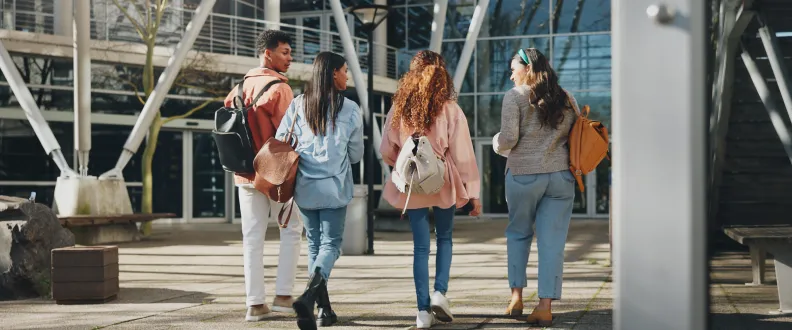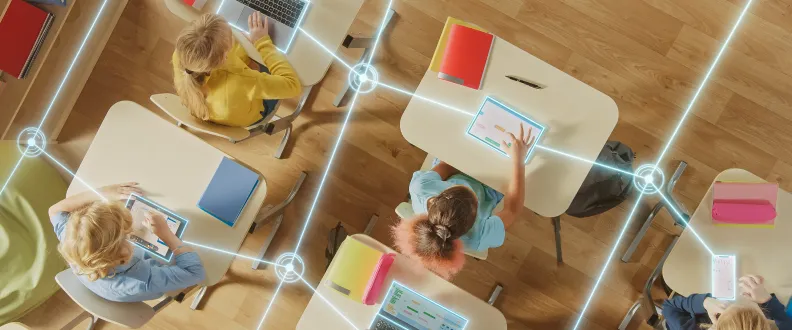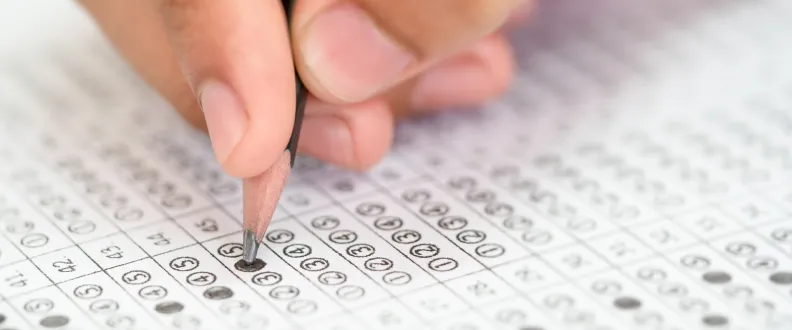
India’s Teacher Training Boost with a 21st Century Upgrade
At a recent India Academic Forum, education leaders underscored a growing crisis: India’s teacher training programs, particularly the Bachelor of Education (BEd), are failing to evolve with the needs of modern learners and the ambitious goals of the National Education Policy (NEP) 2020.
Despite NEP’s focus on holistic, multidisciplinary, and experiential learning, most BEd curricula remain stuck in traditional, one-size-fits-all models. Lakshmi Kumar of Avasara Academy noted that many teacher educators still rely on decades-old methods that leave little room for creativity or critical thinking. She emphasized that professional development must be ongoing, not just the occasional workshop, to meet today’s classroom demands.
Echoing this, Pratima Sinha of DSR Educational Society pointed out that current training programs don’t equip teachers to handle the emotional intelligence, engagement, or adaptive learning styles that today’s students expect.
Meanwhile, Meghana Gorukanti Jupally of Meru International School stressed the disconnect between theory-heavy training and real-world practice, calling for more integrated field experiences and partnerships with schools.
India’s NEP 2020 aims to address these issues through a four-year Integrated Teacher Education Programme (ITEP), blending pedagogy with liberal arts, digital literacy, and research. However, implementation has been slow, as by mid-2025, fewer than 0.5% of teacher training institutions had adopted the new model.
Adding to the challenge is a societal undervaluing of the teaching profession. Falling BEd enrollment numbers suggest that, unless teaching is positioned as a respected, aspirational career, attracting top talent will remain a struggle.
For NEP 2020 to succeed, experts say reforms must be structural, not cosmetic. That means modernizing curriculum, investing in faculty development, mandating continuous training, and improving public perception of teachers.



